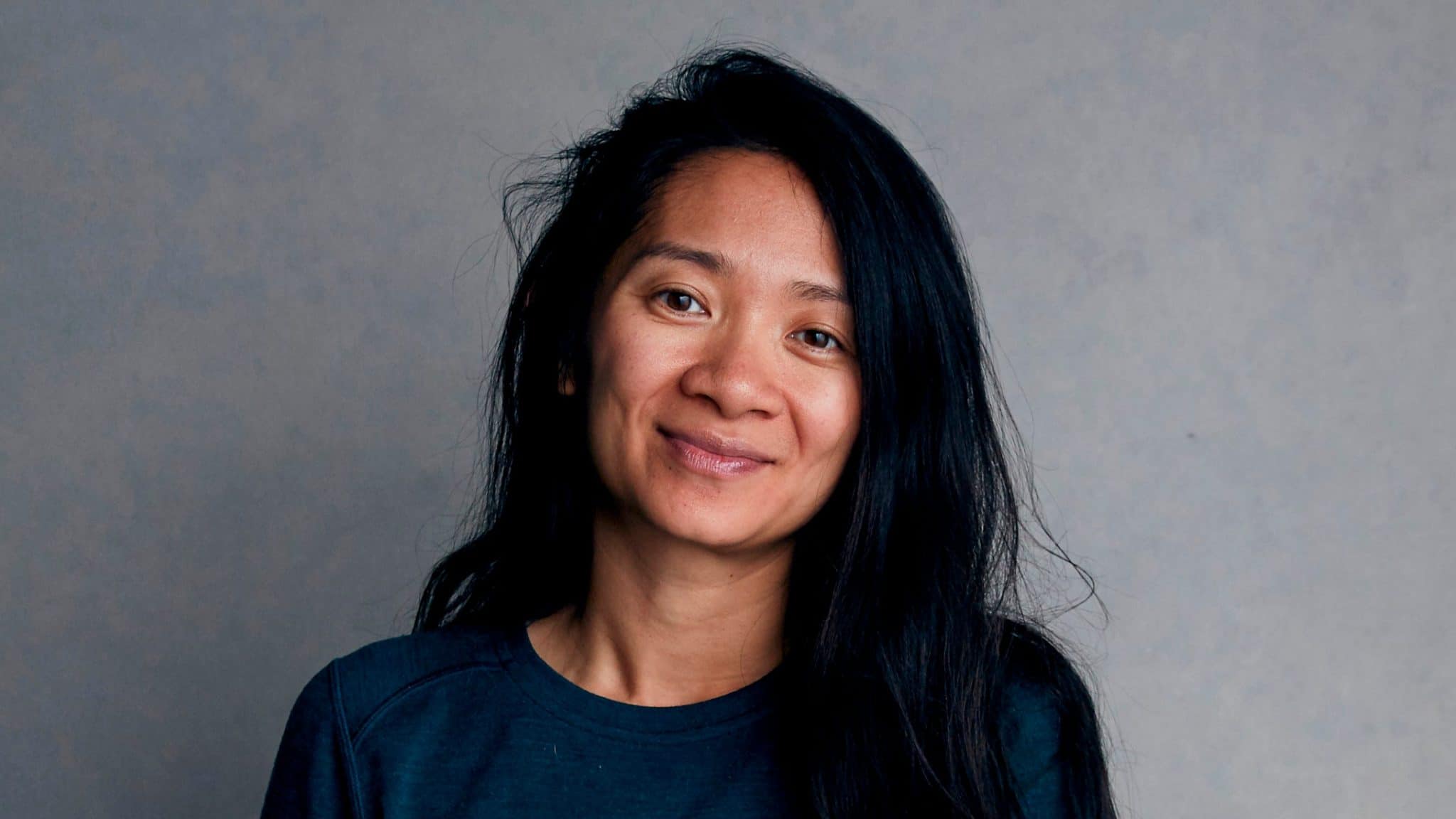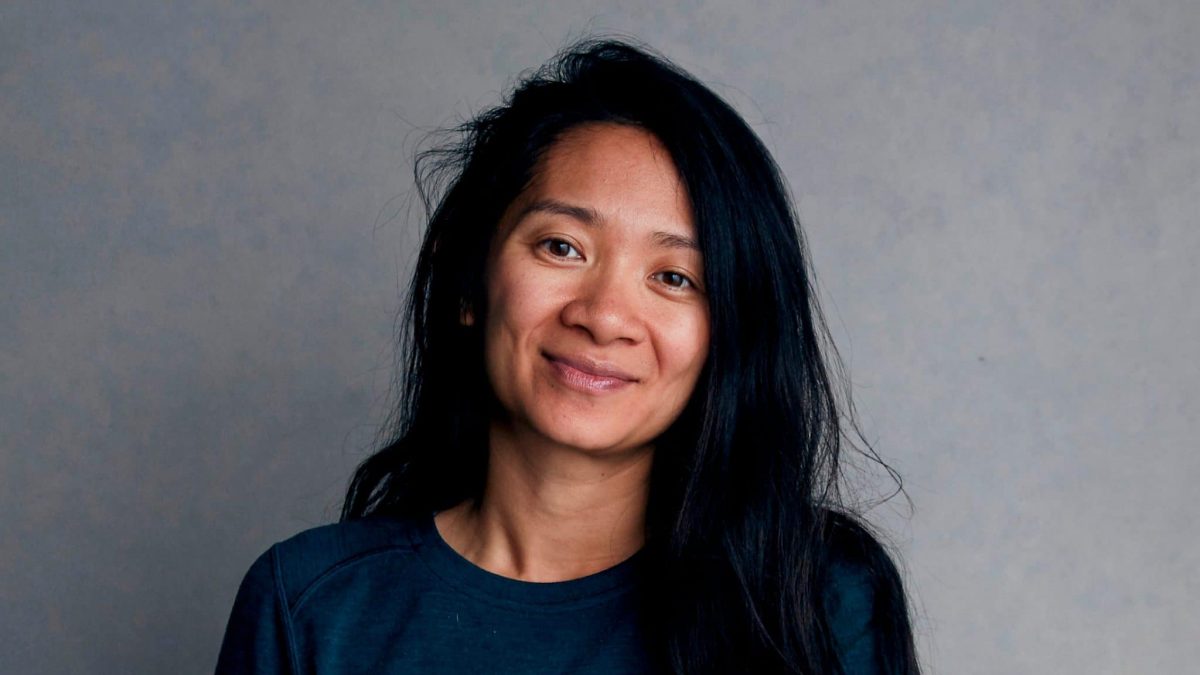
Trevor felt discouraged. He had written the pilot for a crime drama set in The Bronx during the 1970s. His writing teacher thought it was great and I did, too. He also had a solid spec episode of Chicago PD plus a couple of promising ideas for features.
Trevor loves to write and when he talks about the craft, he’s fired up and enthusiastic. But when he thinks about how he might get his first professional gig, he’s filled with gloom and dread.
I get it. If you hope to write professionally, the path forward seems like it’s filled with nothing but obstacles and dead ends. The odds are long and there are no guarantees even for the most promising and talented writers.
But people do break into the professional ranks every day. The challenge for Trevor and other aspiring writers is to find a systematic approach to pursuing the dream—one that provides practical guidance while fostering a healthy attitude toward the process.
As I tried to encourage Trevor, I borrowed some advice from Blake Snyder’s Save the Cat! Strikes Back: “You’re going to need discipline, focus, and positive energy.” And then I added, “Try to be a Happy Warrior.”
It’s not an original phrase. (I first heard it studying politics—former vice president Hubert Humphrey was known as the Happy Warrior, as was Al Smith, onetime governor of New York.) I realized that those words describe most of the people I know who have achieved this goal. (And most other challenging goals, for that matter.) They take a warrior’s disciplined approach—rigorous, focused, methodical. But they do it with the best possible attitude—positive, hopeful, and supportive of others.
And so, with that said, allow me to present “The Happy Warrior’s Guide to Starting Your Writing Career.”
Reveille
Get up, make your bed, and start writing.
Writers write—every day, with a set schedule and specific goals. Remember, you’re planning to make this your profession, and like any other professional, you have to show up for work every day, rain or shine. Push past the idea that you can only write when you’re feeling inspired. As the author Somerset Maugham said, “I write only when inspiration strikes. Fortunately, it strikes every morning at nine o’clock sharp.”
Studying craft and theory is certainly important, but it’s when you apply those ideas to your work that you really begin to learn and evolve. As you successfully negotiate your way through the inevitable challenges of telling a good story, your confidence will grow and you will develop your own hacks and insights. Successful writers take a disciplined approach to their work—whether they are still in the hunt for their first big break or are accomplished authors.
The key is consistency. I like to write first thing in the morning when I’m fresh and energized, but the time of day is optional. (For that matter, so is the part about making your bed, although I’m always glad I did at the end of a long day.)
Recruit Your Company
You are a happy warrior, not a lone warrior. The image of a writer on a solitary quest for truth and beauty may be romantic but it won’t get you hired. All professional writing requires some measure of collaboration, if only between you and an editor.
A network of fellow writers is an invaluable resource. As Blake wrote in a 2008 blog: “We must seek out others like ourselves—positive, talented, eager to learn, and eager to succeed—to support us.” Every professional writer I know, including veteran showrunners and A-list screenwriters, has a network of compatriots where they can turn for practical advice and emotional support.
If you’re a student like Trevor, stay in touch with your classmates. Visit some Meetup groups to make new connections. Additionally, as you survey social media, you’ll find groups where writers sharing specific ethnic, cultural, and gender interests gather to share support and information.
Don’t think of your fellow writers as competitors. You’ll seldom, if ever, be vying for the same job. Offer them the kind of support you hope to receive from them. Unit morale is a key to each individual’s success.
Train
Successful people are lifelong learners. Books, seminars, classes—you may not agree with everything you’re told, but even a single good idea can improve your writing.
I also suggest studying the work of individual artists. If you enjoyed Nomadland, visit IMDb and find out what other films Chloé Zhao has written and directed. After you’ve seen those, visit YouTube. You’re sure to find interviews and discussions where she talks about her evolution as a filmmaker and the ideas that inform her approach to the craft.
There was a time when she was exactly where you are now, looking for her first big break. It’s likely you’ll be able to learn how she faced the challenge. After that, go to Google and create an alert to any new material about her that becomes available.
Next week: The Happy Warrior’s Guide to Starting Your Writing Career – Part 2 deals with Conducting Recognizance, Gathering Intelligence, Mounting Your Campaign, and more.









